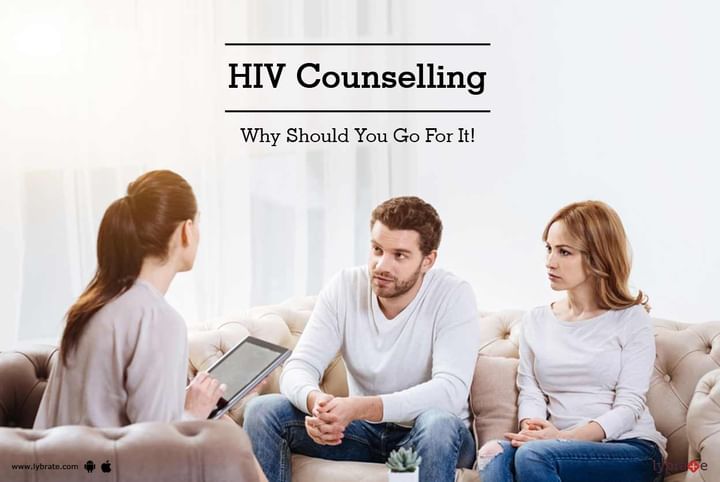HIV Counselling - Why Should You Go For It!
The HIV (human immunodeficiency virus) is a critical disease. This virus invades a person's immune system which is the body's defense against infections such as viruses and bacteria. The immune system doesn't work properly and becomes deficient once attacked by HIV. One social acknowledgement to HIV that has gained enough recognition is the HIV counselling due to the crucial need to counsel the patient about sexual behavior and the risks associated with it.
Importance of HIV counselling
The human immunodeficiency virus has become an epidemic in nature and has reached to a distressing proportion worldwide as it is in its third decade. Thus, counselling becomes remarkably crucial part of the treatment.
HIV prevention counselling is a significant mode of behavioral invasion particularly in the deficiency or lack of an effective curative treatment or vaccine. HIV counselling varies from other forms of counselling sessions. Apart from being a health obstacle, the disease is equally overwhelming for the family as well as people around you. family. It is also connected with endless and intense human suffering which stimulates multiple emotional responses. Such reactions involve self-denial, grief, fear, loss, anxiety, anger, annoyance, depression self-blaming, pity, self-condemnation isolation and suicidal thoughts.
Also, the risk of passing the virus to the partner during sexual activity is high and the patient must be aware of safe sex and the risks associated with unprotected sex. Hence, counselling becomes paramount.
Counselling session’s information Self-care counselling:
The patient must be well informed about the disease and should be supported in embracing attitudes, actions, and beliefs which will defend and serve as a protective shield to the body’s immune system. Improving, enhancing, and transforming nutrition is required. A few other things that are emphasized are, encouraging physical activity, avoiding objects, actions, and events that threaten the body, overcoming anxiety and stress that compromise the psychological, mental, physical and welfare of the body, and seeking and giving support for self-care.
Types of counselling:
- Patient centered counselling: It changed the focus of counselling from a single informative one to one that concentrated on a patient’s circumstances and needs. This involved active listening, to render better support and managing client's particular prevention needs.
- Risk reduction counselling: This includes examining client’s awareness about sexual activity and their feelings.Using their current HIV knowledge as an appealing tool, the limitations they have for protected sex is discussed. A better understanding is ensured in the patients so that unsafe behaviors can be avoided.
- Grief counselling: People who are contaminated with HIV have an elevated risk of acquiring depression. Counselling helps you to deal with any emotional outburst.
Aims of counselling in HIV infection-
Prevention is the first purpose of HIV counselling. It decides whether the lifestyle puts that individual at a higher risk. Helping to recognize and distinguish the definitions of high-risk behavior. The counselling contributes to behavioral change and also aims at working with the person and his family to obtain and sustain that change in approach and behavior. In case you have a concern or query you can always consult an expert & get answers to your questions!



+1.svg)
